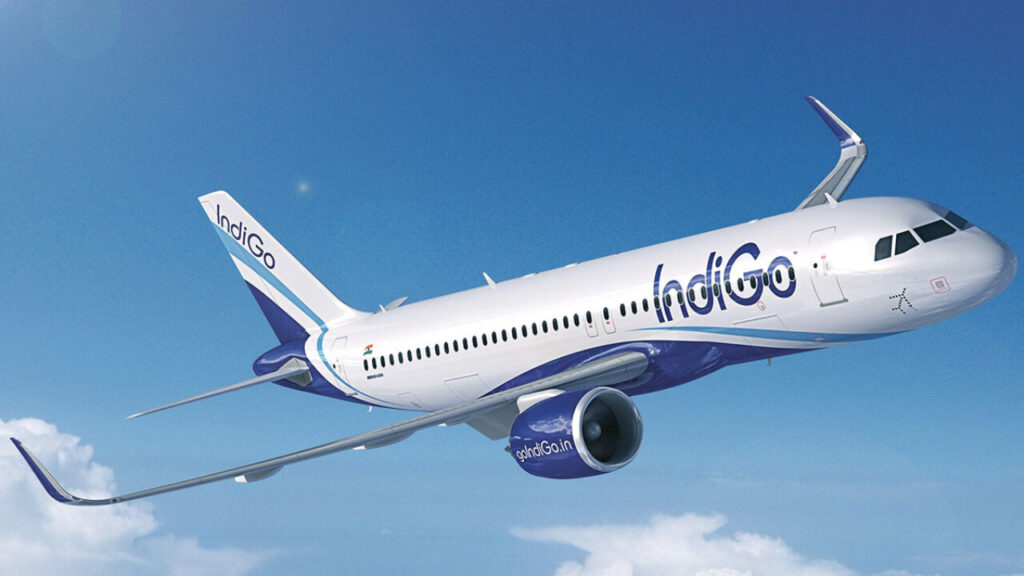Girish Linganna predicts a time of great expansion and transformation for India’s aviation industry, as several of the country’s top airlines make substantial investments and strategic shifts.
After Air India’s multibillion-dollar deal to purchase 250 planes from Airbus, the aviation industry in India is expected to undergo significant change. IndiGo, the largest airline in India, is allegedly considering placing an order for as many as 500 planes of its own as a result of the move, which has prompted other airlines in the industry to increase their own fleet investments and service expansion plans.
IndiGo already has ambitious intentions to expand its fleet by 150 Airbus A320neo planes by the year 2025, therefore the possibility of placing such a large order would be a major undertaking. The airline, however, has a history of successfully growing its operations and is well-known for its ambitious growth goals.
IndiGo is allegedly in negotiations with both Airbus and Boeing about placing the deal. The airline is rumoured to be considering several aircraft types, including Airbus’s A320neo and A321neo and Boeing’s 737 MAX.
IndiGo’s move is being interpreted as a defensive measure against the potential danger posed by Air India’s purchase of new jets and an effort to maintain its leading position in the Indian market. The arrival of Air India’s 250 brand-new jets is bound to cause a stir in the industry, prompting other carriers to upgrade their own planes and look into expanding their services in response.
IndiGo is optimistic about the future of the Indian aviation business, as seen by the possibility of a 500-aircraft deal. As the airline industry continues to face difficulties as a result of the COVID-19 outbreak, the company’s outlook remains positive.
Inspiring Despite COVID-19 Difficulties
With the ongoing difficulties in the aviation industry as a result of the COVID-19 outbreak, some analysts have voiced worries about the possible risks of such a big expenditure. Due to travel restrictions and decreased demand for air travel, the pandemic has had a devastating effect on the business, forcing airlines throughout the world to ground their fleets and cancel thousands of flights.
With many nations relaxing travel restrictions and vaccination rates rising, the situation is looking up, but the business still faces substantial obstacles. In order to survive, many airlines have taken on additional debt as they continue to struggle to recover from the pandemic’s financial impact.
IndiGo’s leadership team is confident in the airline’s ability to overcome these obstacles. IndiGo’s CEO recently stated that the company’s possible order of 500 planes reflected their “belief in the long-term growth potential of the Indian aviation business.”
IndiGo’s action will likely have far-reaching consequences for the aviation market in India. The agreement between Air India and Airbus, as well as the possible indigo order, are considered as votes of confidence in the aviation industry at a time when the economy is showing signs of recovery and demand for air travel is likely to surge.
Notwithstanding these worries, some of India’s leading airlines are making huge investments and strategic actions that will propel the country’s aviation industry into a new era of growth and transformation. It will be fascinating to see the industry develop and learn how it responds to shifting market conditions and the overall economy.
